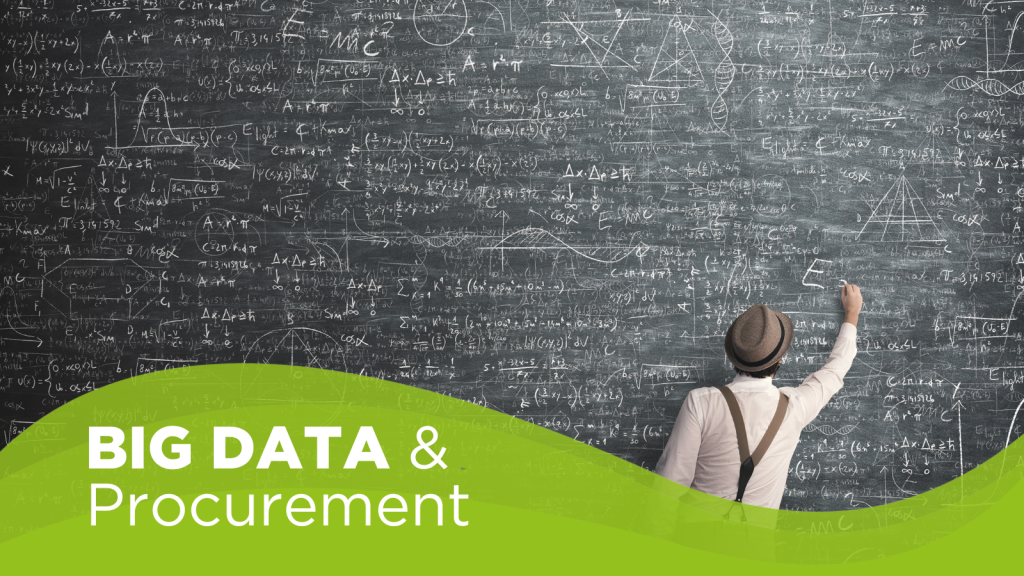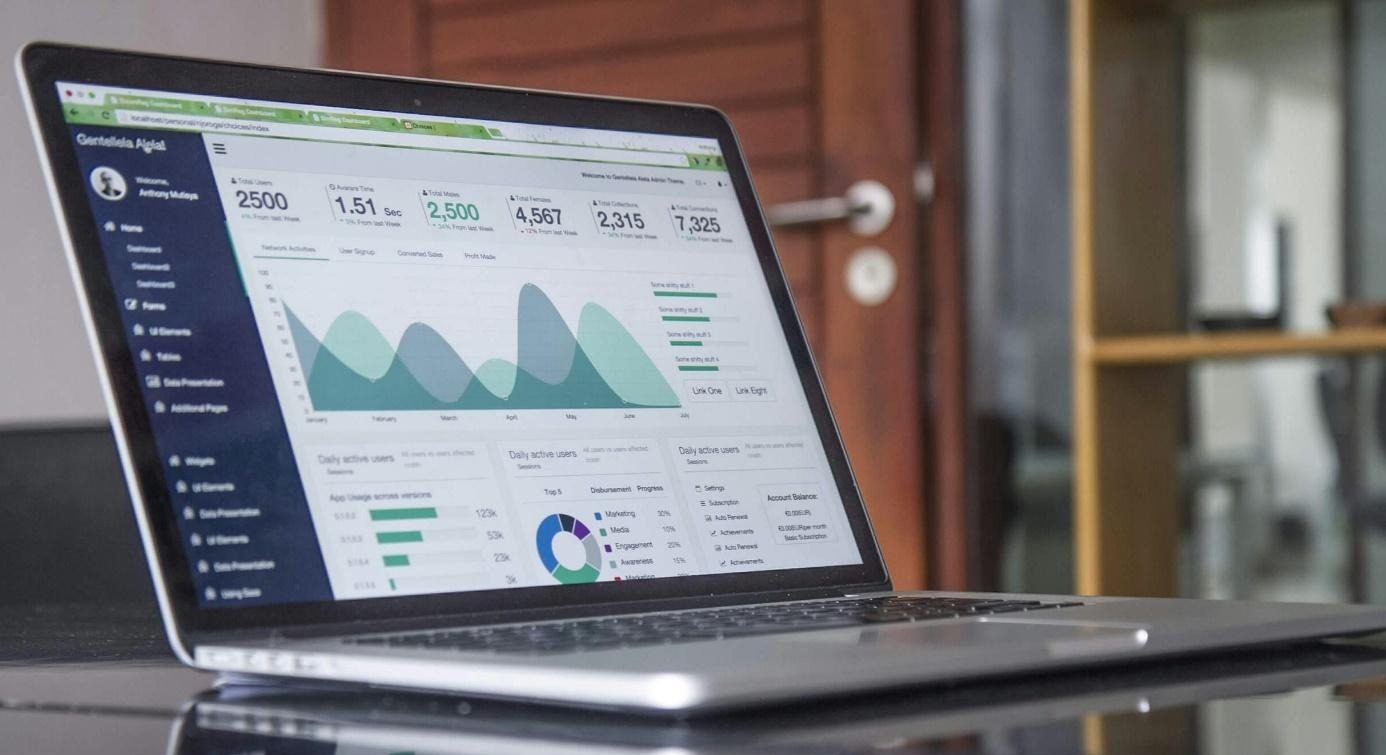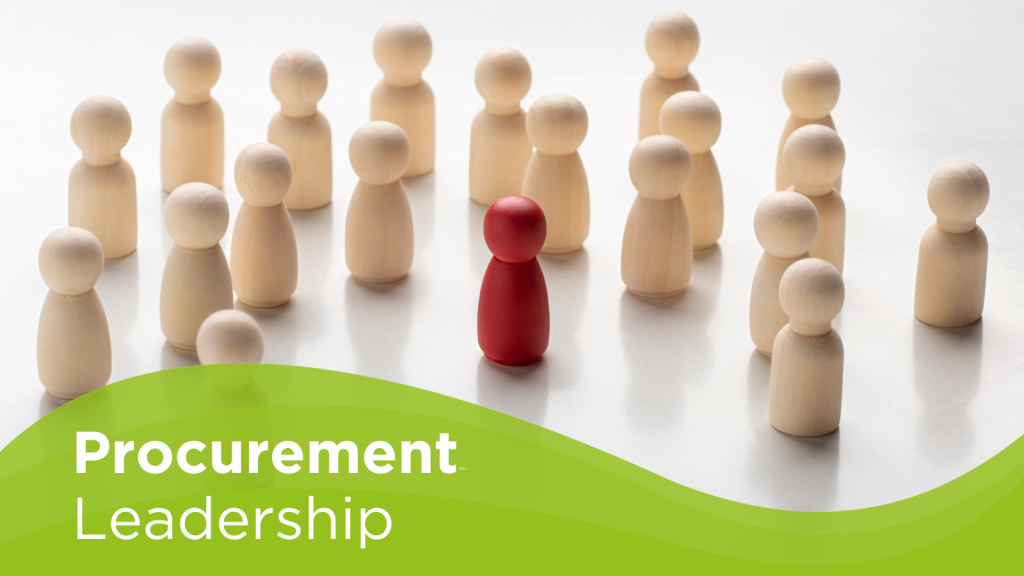In the age of digital transformation, procurement has become more than negotiation and supplier management—it is now a data-driven discipline. The integration of big data analytics into procurement processes is reshaping how organizations make decisions, manage risks, and unlock value.This was the central theme of a recent lecture on Big Data and Procurement, where the speaker highlighted how data, when properly leveraged, moves procurement from intuition-based decisions to intelligence-led strategies.
Why Big Data Matters in Procurement
Procurement generates enormous volumes of information: supplier performance metrics, market trends, contract data, risk indicators, and spending patterns. The lecturer noted:
“Data is the new raw material in procurement. Without it, strategy is guesswork.”
Yet data alone is not enough. The challenge lies in filtering, analyzing, and applying insights in ways that drive action. Big data tools make this possible, enabling procurement professionals to predict demand, benchmark performance, and anticipate market volatility.
From Reactive to Predictive Procurement
Traditional procurement often relies on backward-looking analysis. Big data, however, enables a predictive approach. By analyzing historical trends alongside real-time information, organizations can forecast supplier risks, price fluctuations, and potential disruptions.
This shift allows procurement teams to move from firefighting to foresight. Instead of reacting to problems after they arise, data-driven procurement identifies red flags early and equips professionals with actionable strategies.
Supplier Insights and Collaboration
BIGData is also transforming supplier management. Performance monitoring used to be based on periodic reviews. Today, continuous data feeds provide real-time visibility into delivery times, quality issues, and compliance risks.
The lecturer explained:
“With the right data, you no longer just manage suppliers—you partner with them for improvement.”
This creates a collaborative environment where data is shared to enhance transparency, reduce inefficiencies, and encourage innovation across the supply chain.
Supply chains are more vulnerable than ever to geopolitical instability, economic fluctuations, and environmental disruptions. Big data provides early-warning systems by monitoring external signals such as commodity markets, logistics delays, or weather events.
By integrating these insights, procurement can proactively mitigate risks and develop more resilient strategies. In short, big data is not just about cost savings—it is about survival in a volatile global market.
Closing Thoughts
The role of big data in procurement is clear: it transforms decision-making, enhances supplier collaboration, and strengthens risk management.
For procurement professionals, the challenge is not whether to embrace data, but how quickly they can adapt to a future where information is the most valuable asset.
As the lecturer summarized:
“Big data doesn’t replace procurement expertise—it amplifies it.”











